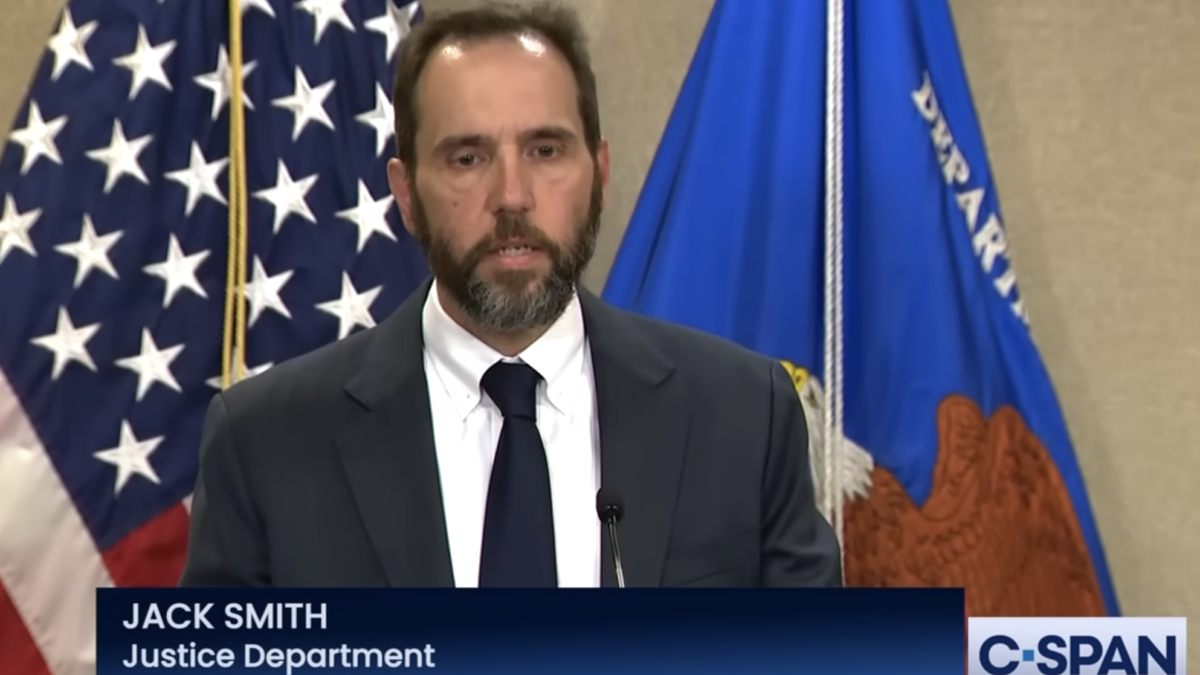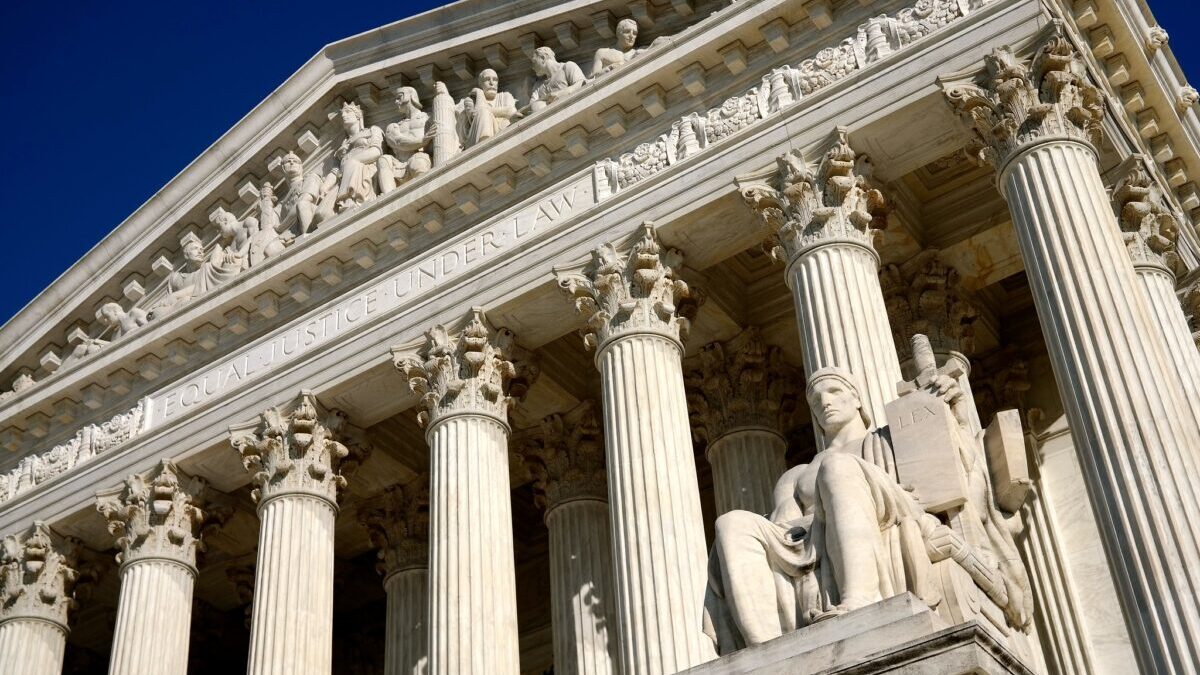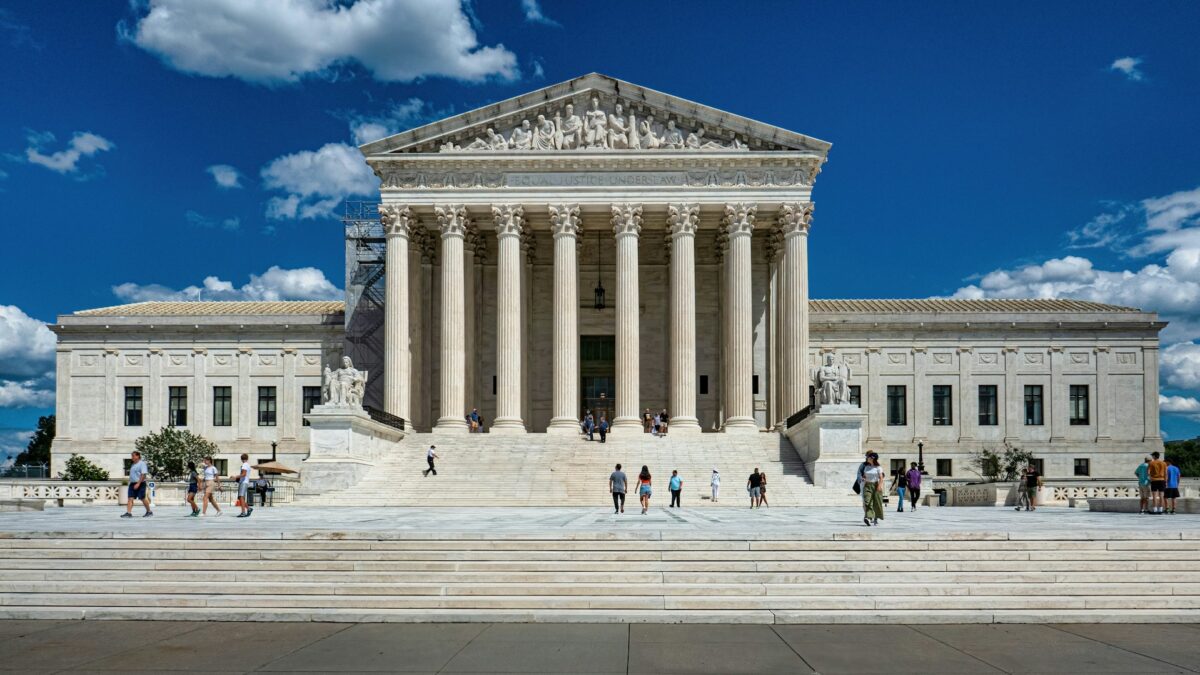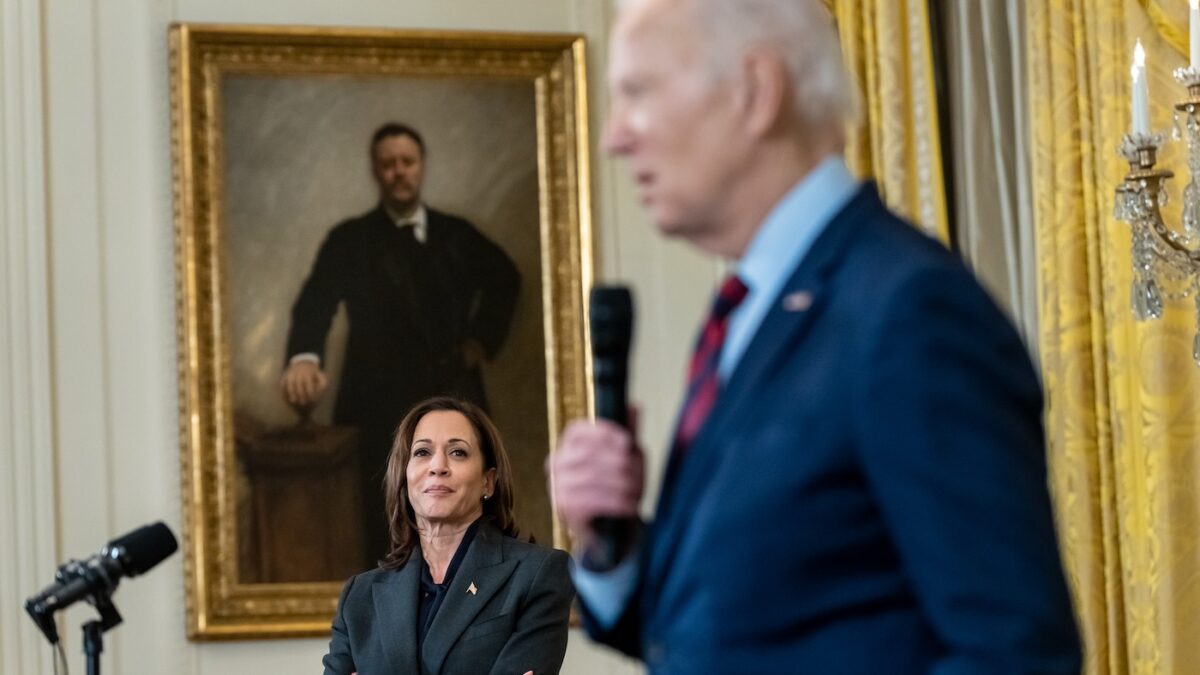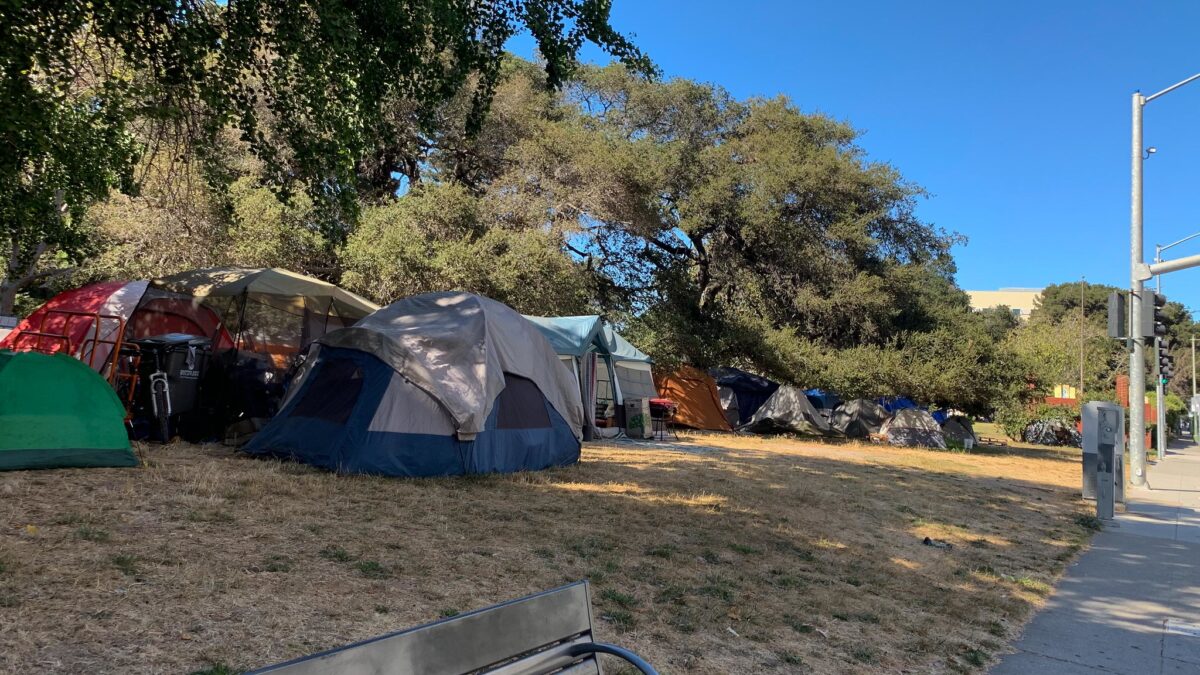
The Supreme Court ruled Friday that cities can enforce public camping bans, offering hope to communities that have been struggling with an explosion in homelessness for years.
In a 6-3 decision, the court overruled Grants Pass v. Johnson, which barred cities within the 9th Circuit from enforcing bans on public encampments, citing the Eighth Amendment. Cities now have the freedom to determine which policies work best to address homelessness.
“Homelessness is complex. Its causes are many. So may be the public policy responses required to address it,” Justice Neil Gorsuch wrote in the majority opinion. “At bottom, the question this case presents is whether the Eighth Amendment grants federal judges primary responsibility for assessing those causes and devising those responses. It does not.”
The case originated when homeless plaintiff Gloria Johnson sued Grants Pass, Oregon, for its ban on public camping in 2018. The case relied on precedent from the 2018 case Martin v. Boise to claim Grants Pass was punishing the “unavoidable consequences” of homelessness, violating the Eighth Amendment’s ban on “cruel and unusual punishment.” The 9th Circuit Court of Appeals ruled in 2022 on behalf of the plaintiff, but the Supreme Court overturned that ruling with Friday’s decision.
“The Constitution’s Eighth Amendment serves many important functions, but it does not authorize federal judges to wrest those rights and responsibilities from the American people and in their place dictate this nation’s homelessness policy,” Gorsuch wrote. “The judgment below is reversed.”
Justice Sonia Sotomayor claimed in her dissent that the Supreme Court was neglecting its supposed responsibility to care for the homeless, writing that “sleep is a biological necessity, not a crime.”
“This court, too, has a role to play in faithfully enforcing the Constitution to prohibit punishing the very existence of those without shelter,” Sotomayor wrote. “Because the court today abdicates that role, I respectfully dissent.”
Consequences on the Ground
District Attorney Steve Gunnels of rural but fast-growing Deschutes County previously said homelessness has plagued the area ever since Martin v. Boise.
Homelessness in Central Oregon increased 28 percent from 2022 to 2023, and the number of encampments — and crime therein — has also increased. Those crimes include drug trafficking, assault, and murder.
“Many cities further report that, rather than help alleviate the homelessness crisis, Martin injunctions have inadvertently contributed to it. The numbers of ‘[u]nsheltered homelessness’ they represent, have ‘increased dramatically,’” Gorsuch wrote. “Some city officials indicate that encampments facilitate the distribution of drugs like heroin and fentanyl, which have claimed the lives of so many Americans in recent years.”
Gunnels said the Supreme Court’s ruling brings hope for improvement.
“I was happy to read the Supreme Court’s decision in Grants Pass v. Johnson this morning,” Gunnels told The Federalist. “The decision will give states and local governments greater ability to manage public spaces in a way that improves public health and safety in our communities.”
To address homelessness, communities need the freedom to determine policies that best suit their needs. As Gorsuch noted, Grants Pass actually had a relatively permissive policy, telling police officers to protect the “rights, dignity[,] and private property of the homeless” while rendering them “aid” and “support.”
Not all cities may be this permissive, while some may be more. But communities having the ability to determine their own policy based on their own needs is an essential principle of federalism and one that may hold the key to reducing homelessness.
“They may find certain responses more appropriate for some communities than others. But in our democracy, that is their right,” Gorsuch wrote. “Nor can a handful of federal judges begin to ‘match’ the collective wisdom the American people possess.”


